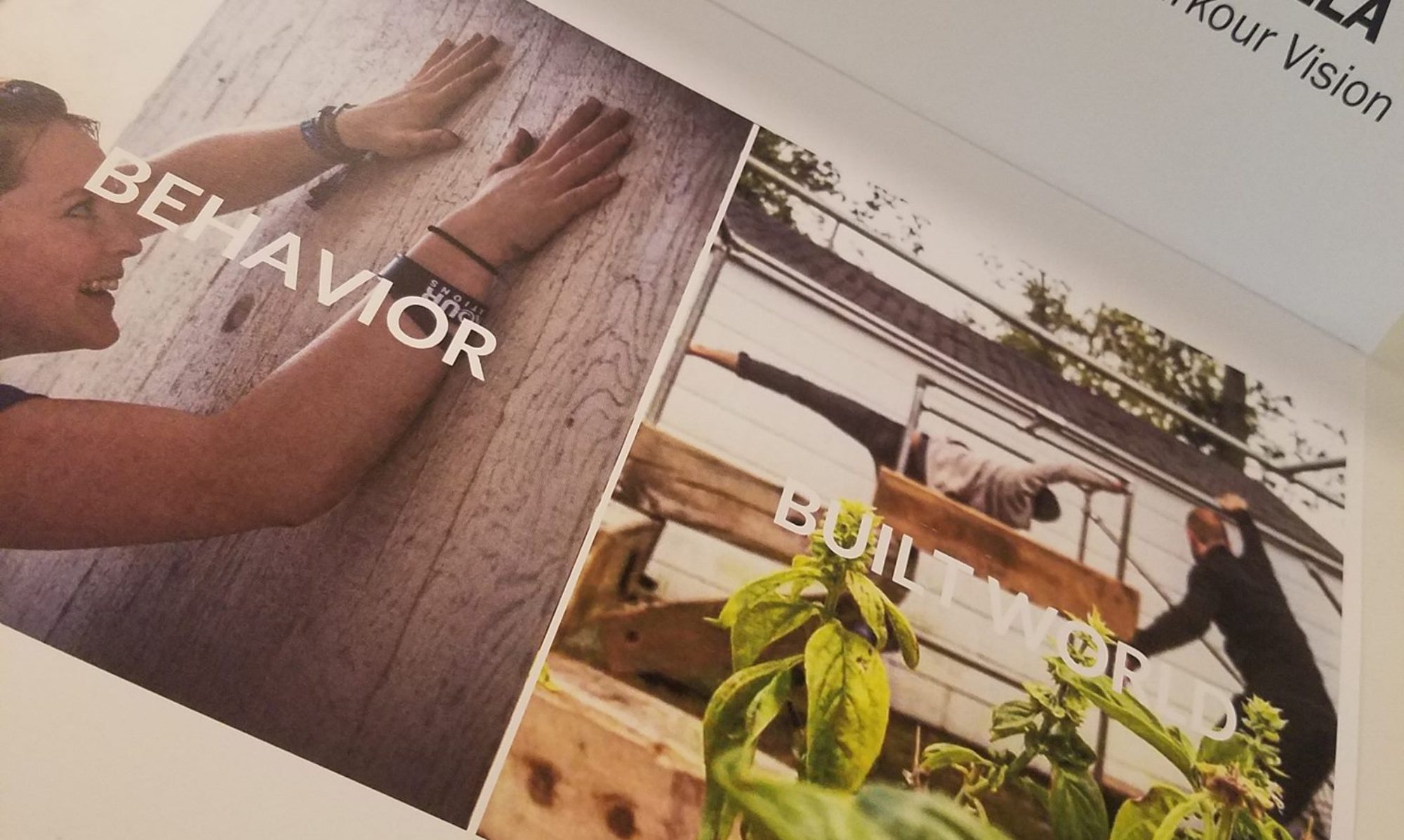Unless you are a part of the niche sport of cricket, this is likely the first time you are hearing of Mike Brearley–professional cricketer, writer, and psychoanalysis. Two of his books are on my current reading list–The Art of Captaincy and On Form.

Brearley himself is an inspiration figure, described as having ‘a degree in people,’ he took on the helm of leadership and captaincy, not just for his team but for the community that he wished to see. He did not shy away from speaking his mind and taking a political stand against apartheid, and wrote extensively on the value of sport.
Recently I came across this incredible article On The Roots of Sport, penned for the British Pscyhoanalytical Society. As I try to pull excerpts to highlight I am resisting copy-pasting a sizeable chunk, so I highly recommend giving it a read (5 minutes).
On The Value of Sports
“[Through Sports] the child and the adult have to learn to cope with the emotional ups and downs of victory and defeat, success and failure. They – we – gradually manage to keep going against the odds, to struggle back to form, to recognize the risks of complacency. We have to learn to deal with inner voices telling us we are no good, and with voices telling us we’re wonderful. In sport the tendencies to triumph when we do well and to become angry or depressed at doing badly are often strong; we have to find our own ways of coping with them. Arrogance and humiliation have to be struggled against, whilst determination, proper pride and good sportsmanship are struggled towards. “
“Sport calls too for a subtle balancing of planning and spontaneity, of calculation and letting go, of discipline and freedom.”
” …having disciplined ourselves, having set ourselves according to the situation of the game, we then have to let ourselves go, trusting to our craftsmanship, skill and intuitive responsiveness, without further interference from the conscious mind. “
” The moments for the sportsman when body and mind are at one, when we are completely concentrated and completely relaxed, aware of every relevant detail of the surroundings but not obsessed or hyper-sensitive to any set of them, confident without being over-confident, aware of dangers without being over-cautious – such rare states of mind are akin to being in love. They involve a marriage between the conscious control mentioned above with the allowing of a more unconscious creativity through the body’s knowledge. “
On The Value of Movement

“For those to whom sport doesn’t appeal, it seems futile, pointless. They remember hours of misery at compulsory school games on cold sporting fields. They were perhaps physically awkward, and picked last.
Yet every small child, before self-doubt, and invidious comparison with other children, gets a grip, takes pleasure in his or her bodily capacities and adroitness. […] Walking, jumping, dancing, catching, kicking, climbing, splashing, using an implement as a bat or racquet – all these offer a sense of achievement and satisfaction.
[…]
Moreover, this development in coordination is part of the development of a more unified self. Instead of being subject, as babies, to more or less random, stimulus-response movements of our limbs, we learn to act in the world according to central intentions and trajectories. We begin to know what we are doing and what we are about. “
On Sport vs Play
“Sport proper starts to emerge when competition with others plays a more central role alongside the simpler delight in physicality. ‘I can run faster than you, climb higher, wrestle you to the floor’. “
On Competition and Human Nature
“If human beings were not combative no one would have invented sport. But if human beings were not also cooperative neither team nor individual games would have come into existence. “
“The Latin etymology of both ‘rival’ and ‘compete’ reflect this fact: rivalis meant ‘sharing the same stream or river bank’, competens meant ‘striving together with’, ‘agreeing together’, as in ‘competent’. “
Sport & Self-Expression
” For many people otherwise inclined to be inhibited or self-conscious, sport offers a unique opportunity for self-expression and spontaneity. Within a framework of rules and acceptable behaviour, sportspeople can be whole-hearted. Such people – including me – owe sport a lot; here we begin to find ourselves, to become the selves that we have the potential to be. “

